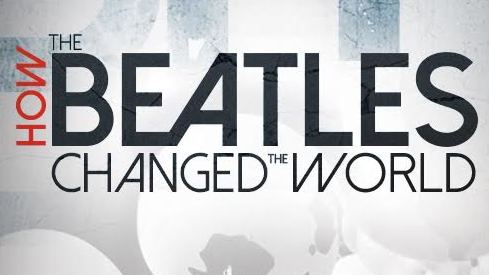It’s strange to see living memory presented in dryly academic historical perspective. Weirdly disconcerting. There are moments during writer/director Tom O’Dell’s 105-minute How The Beatles Changed The World documentary when viewers over 50 might find themselves compelled to check their pulse. The starkly monochrome Swinging Sixties occasionally look as dusty, alien and distant as the silent Roaring Twenties once seemed. Can we really have been there, and still be alive now?
A fistful of talking heads, led by cultural historian and Fabmate, Barry Miles, retell the band’s tale (with illuminating contemporary performance and interview footage of the actual Beatles) and lace it with lashings of pertinent historical perspective. But it’s a story so familiar that O’Dell’s belated cinematic recapitulation – as adequate and accurate a labour of love as it surely is – may leave the average armchair classic rock historian baffled by its very existence. That said, woolgathering middle-aged nostalgists are possibly not its ideal audience. It would, however, make an ideal classroom aid for 21st-century kids studying late- 20th-century history, and a necessary one at that.After all, you’d need to present a hell of a lot of evidence to convince anyone born into this anodyne, static, complacent, a political musical zeitgeist that a mere pop group could once have actually changed the world. Most of today’s couldn’t change their T-shirt without written permission from their stylist.

